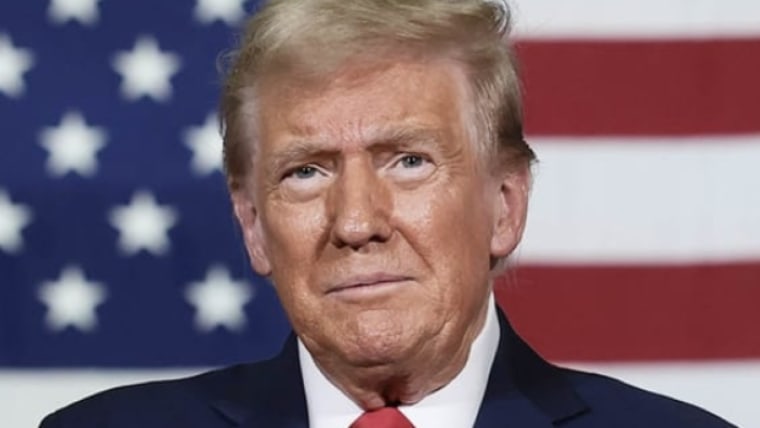There is a long-standing practice in the United States in which former presidents receive intelligence briefings, even after leaving office, in part as a courtesy and partly in the event that their advice might be needed. Shortly after taking office in 2021, however, President Joe Biden decided that the unique circumstances surrounding his immediate predecessor necessitated a break from modern norms.
Donald Trump, the president said a month after the Jan. 6 attack, was simply too “erratic” to have ongoing access to sensitive information. “What value is giving him an intelligence briefing?” Biden added in an interview with CBS News, shortly after his inauguration. “What impact does he have at all, other than the fact he might slip and say something?”
More recently, however, after Trump won his party’s 2024 nomination, the Republican became eligible anew for intelligence briefings. He rejected the offer. The then-candidate said that if he received the sensitive information, he might be accused of leaking, so he preferred to remain in the dark.
Given his extensive history of blurting out, sharing and leaking secrets, that made a degree of sense.
Now, of course, Election Day has come and gone, and Trump — who, among other things, famously brought highly classified national security secrets to his glorified country club for reasons he has never explained — will be briefed once again on the country’s secrets. Time magazine reported that Biden has directed his entire administration to work with Trump’s team to ensure an orderly transition — even if that means “looking past Trump’s previous history with classified information.”
Gregory Treverton, who was the chair of the National Intelligence Council from 2014 to 2017, described as “scary” Trump’s history of seemingly showing off classified information to others as a souvenir, without regard for whom he may be endangering in the process. The situation will pose a major challenge for intelligence officials who work to hide the way they gathered information and protect sources who may have risked their lives, he says. “For a profession that is so disciplined and so nonpartisan and so careful about politics, to confront someone who trespasses on all those norms, is awful,” Treverton says.
That’s true. Thanks to the electorate’s verdict, this “scary” scenario is going to unfold anyway.
At a White House press briefing held two days after Election Day, a reporter asked Karine Jean-Pierre whether Biden has any concerns about Trump’s ability to responsibly deal with classified information ahead of Inauguration Day. The press secretary said she wasn’t prepared to speculate, which was certainly the political answer.
It’s worth emphasizing for context, though, that the public might be able to rest easy for an unexpected reason: Even during his White House tenure, Trump routinely ignored intelligence briefings.
Two years into his term, The Washington Post had a memorable report along these lines, noting that the CIA and other agencies devoted extensive “time, energy and resources” to ensuring that Trump received accurate information, but they found that such efforts were “a waste” because he wouldn’t listen and didn’t care.
If we’re all lucky, we won’t have to worry too much about Trump mishandling sensitive secrets he’s poised to receive, because he won’t pay any attention to the intelligence briefings.

